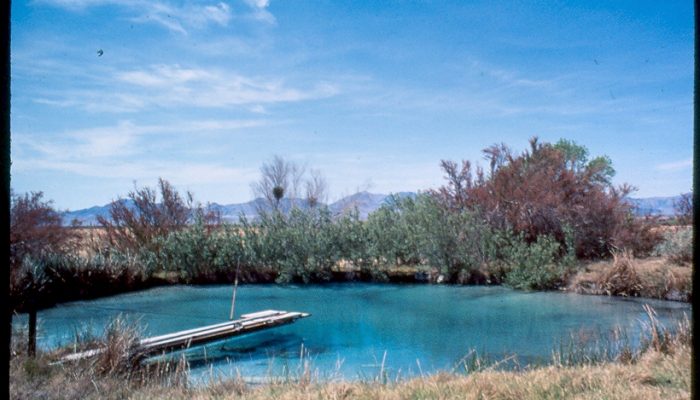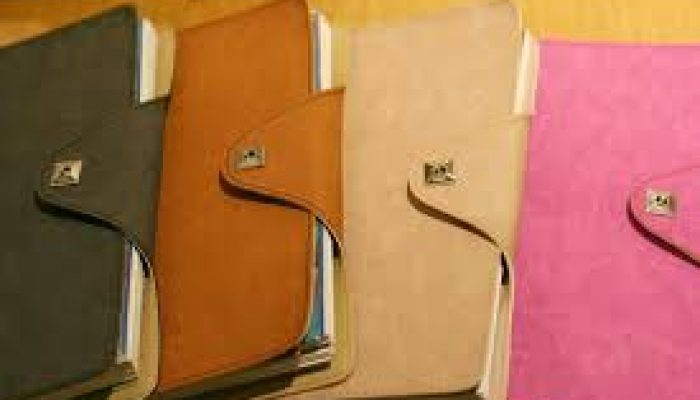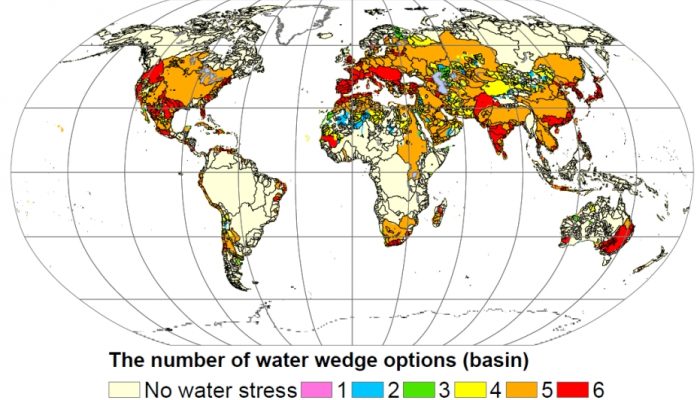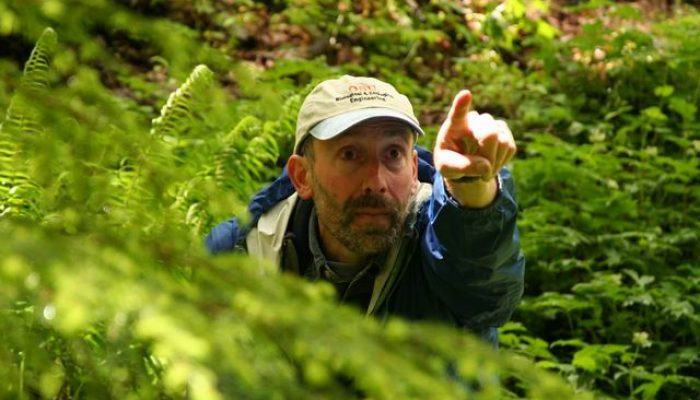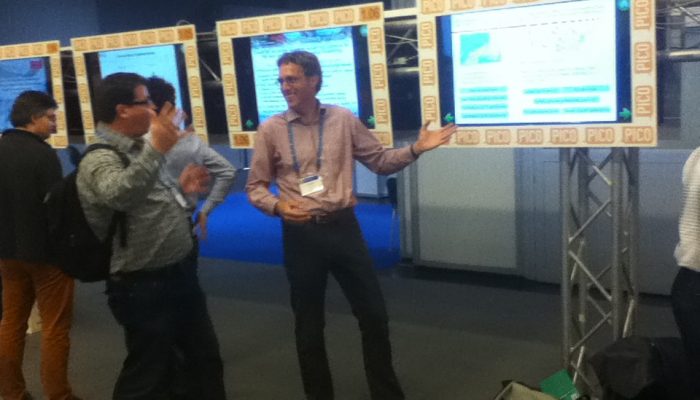The Groundwater Wetlands and Blogs Study Group is an unfunded, voluntary collaboration of professionals, formed in December 2012, focused on groundwater wetlands, bogs, and related systems. The Study Group has about 250 members in 39 countries. Study Group members communicate primarily through a disciplined Yahoo Group listserve. We are not a social network nor are we an environmental advocacy g ...[Read More]
Groundwater is NOT photogenic!
One of the first things I realized when designing this blog was that groundwater is not photogenic, in the extreme. Seriously: I dare every hydrogeologist to go to google images and search ‘groundwater‘. You find something like this: I am not saying that I dislike conceptual models or think they are ugly. I actually quite like them, which maybe explains my current profession! But I ...[Read More]
What is the best journal to submit groundwater research this year?
We all know about the flaws of impact factors, including how they lead to citing recent research, self-citing etc. But I thought it would be handy to compile a list of journals where well-cited groundwater articles are most often published. Like it or not, I sometimes look up this information and I assume other people do to. The impact factor is certainly not the only factor I use to decide where ...[Read More]
How I start good supervisory relationships with graduate students
Many professors are confused about why a certain graduate student is happy or unhappy, under performing or performing well. I am far from a perfect supervisor, but I try to avoid this confusion by getting to know my graduate students on a relatively deep but professional level as quickly as possible, by doing the following in our first meeting: sharing results of a personality test; discussing our ...[Read More]
Reducing water scarcity possible by 2050
Press release from McGill University of our research published yesterday in Nature Geoscience. Water scarcity is not a problem just for the developing world. In California, legislators are currently proposing a $7.5 billion emergency water plan to their voters; and U.S. federal officials last year warned residents of Arizona and Nevada that they could face cuts in Colorado River water deliveries i ...[Read More]
1200 words to make sense of chaos: The Selker Scheme
This is an inspiring article by John Selker (Oregon State University) that was first published in the latest AGU Hydrology Section Newsletter (July 2014). John graciously offered to re-post it here… make sure you make it to his rules and a secret at the bottom. Being elected a fellow of the AGU was an amazing honor, and I thank those who so kindly nominated me, somehow crafting a silk purse ...[Read More]
Two great science communication tools for conferences and teaching: smart screens and cell phones
A few weeks ago at the European Geosciences Union in Vienna I learned about two dead-easy and great science communication tools for conferences. These are great for any conference hall or meeting, but could be just as easily be used in the classroom to make a more exciting in class research presentations. For better or worse, most of us are carrying them (or looking at them!) right now: a smart s ...[Read More]
Vote now for the coolest hydrogeology paper in 2013 contest!
Vote here before May 31st for the coolest 2013 paper in hydrogeology! Seven papers have been nominated – it will take almost no time! Here are links for more information about the contest or the Early Career Hydrogeologist Network.

